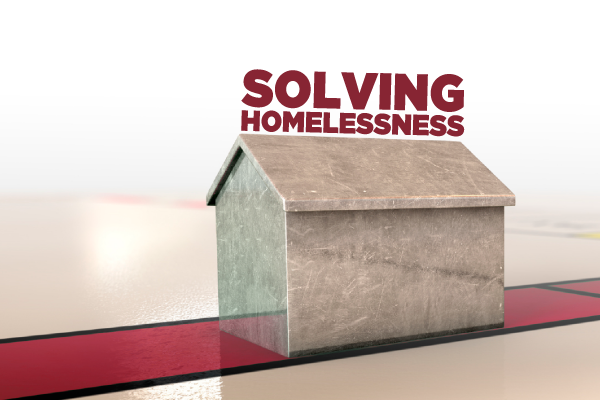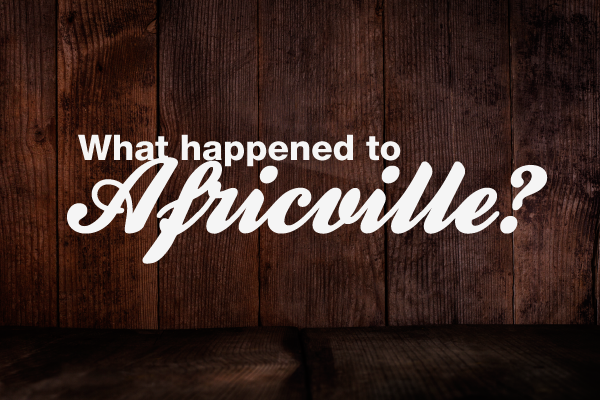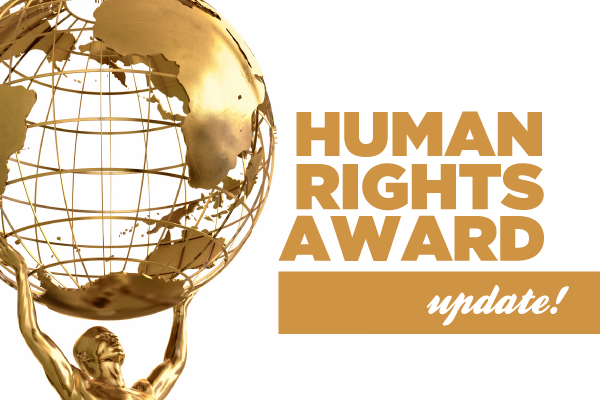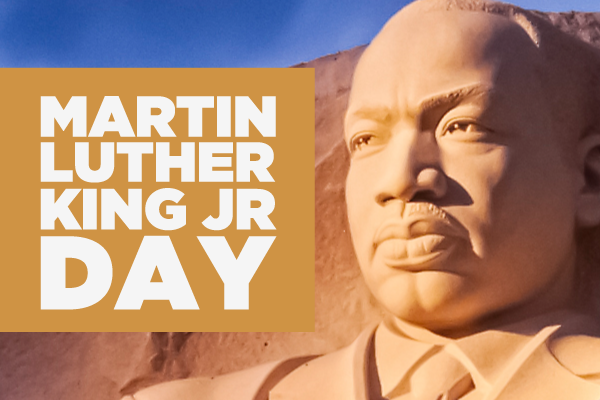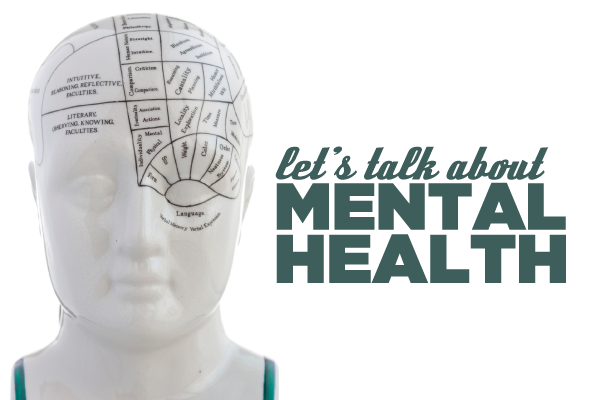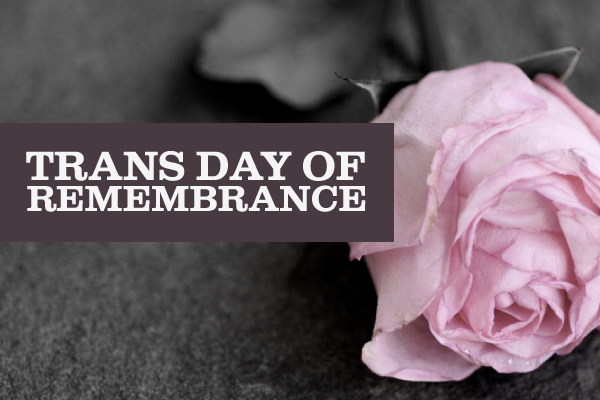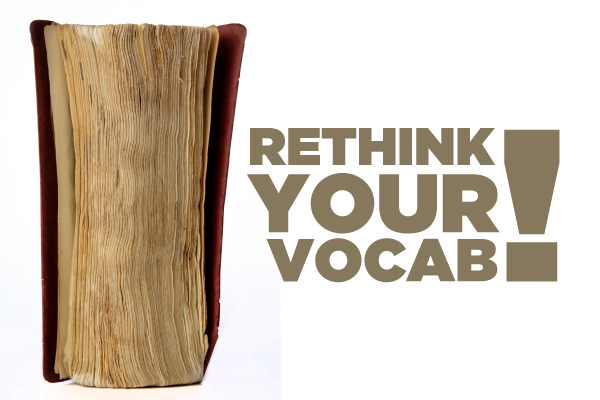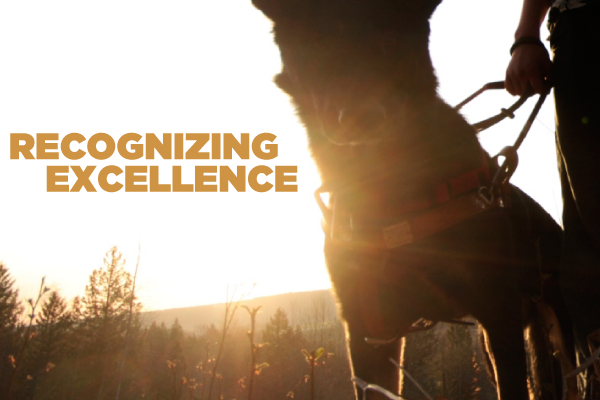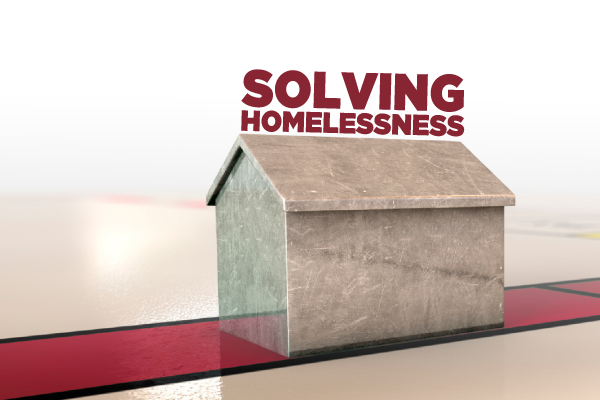 February 20 is Social Justice Day, and we thought it would be interesting to talk about one of the social justice issues facing many nations: the issue of homelessness. In Canada, 30,000 people are homeless on any given night; of these, over 2,800 remain unsheltered, sleeping in cars, in parks or out on the street.
February 20 is Social Justice Day, and we thought it would be interesting to talk about one of the social justice issues facing many nations: the issue of homelessness. In Canada, 30,000 people are homeless on any given night; of these, over 2,800 remain unsheltered, sleeping in cars, in parks or out on the street.
Among those most at risk of homelessness are youth, aboriginal people and victims of domestic violence.
During last year’s National Conference on Ending Homelessness, Minister of State for Social Development Candice Bergen said the Harper government is “committed to working with our partners to address this complex issue.”
And that’s how homelessness is usually presented: a complex issue without an easy solution, without a 10-step plan. But could it be as simple as giving apartments to the homeless?
Well, that’s precisely what one of the most conservative states did – and they’re on track to end homelessness by 2015. In just eight years, Utah has managed to reduce homelessness by a whopping 78 %.
The program got its start in 2005, just a few years before the worst recession since the Great Depression. And yet, the program wasn’t torpedoed in the name of austerity. In fact, despite the additional challenges posed by the economic downturn, it got amazing results.
If your brain hasn’t kablooey’ed by now, you’re probably wondering how exactly this works.
“The model allows homeless citizens freedom in their use of the system. The homeless are given access to their own apartments, while the state provides job training and offer social services, including substance abuse programs, to help residents assimilate to a steady job and social life.”
To house the homeless, the state initially drew “579 [units] from existing rental inventory, 952 from refurbished structures, and 683 [from] new construction”. If the resident is able to land a steady job, 30% of their income goes back into the state coffers as rent. If they can’t, “they still get to keep their apartment”.
“It’s actually a cost-effective way of doing it,” explained Ana Kasparian, co-host of The Young Turks. “The annual cost of E.R. visits and jail stays for each homeless person is $16,670 per year. They found out that if you provide them housing, it’s actually much cheaper; the annual cost of providing an apartment and social worker for each homeless person is $11,000 per year.”
If you’re thinking this is only cost-effective because of the high cost of health care in the U.S., you’d be wrong.
“The Wellesley Institute’s Blueprint to End Homelessness (2007), Shapcott argues that the average monthly costs of housing people while they are homeless are $1,932 for a shelter bed, $4,333 for provincial jail, or $10,900 for a hospital bed. Compare this with the average monthly cost to the City of Toronto for rent supplements ($701) or social housing ($199.92).”
Turns out solving homelessness isn’t as complex an issue as we keep being told by politicians. Investing in homelessness prevention and housing would not only cost taxpayers less, it would be the moral and ethical thing to do.
